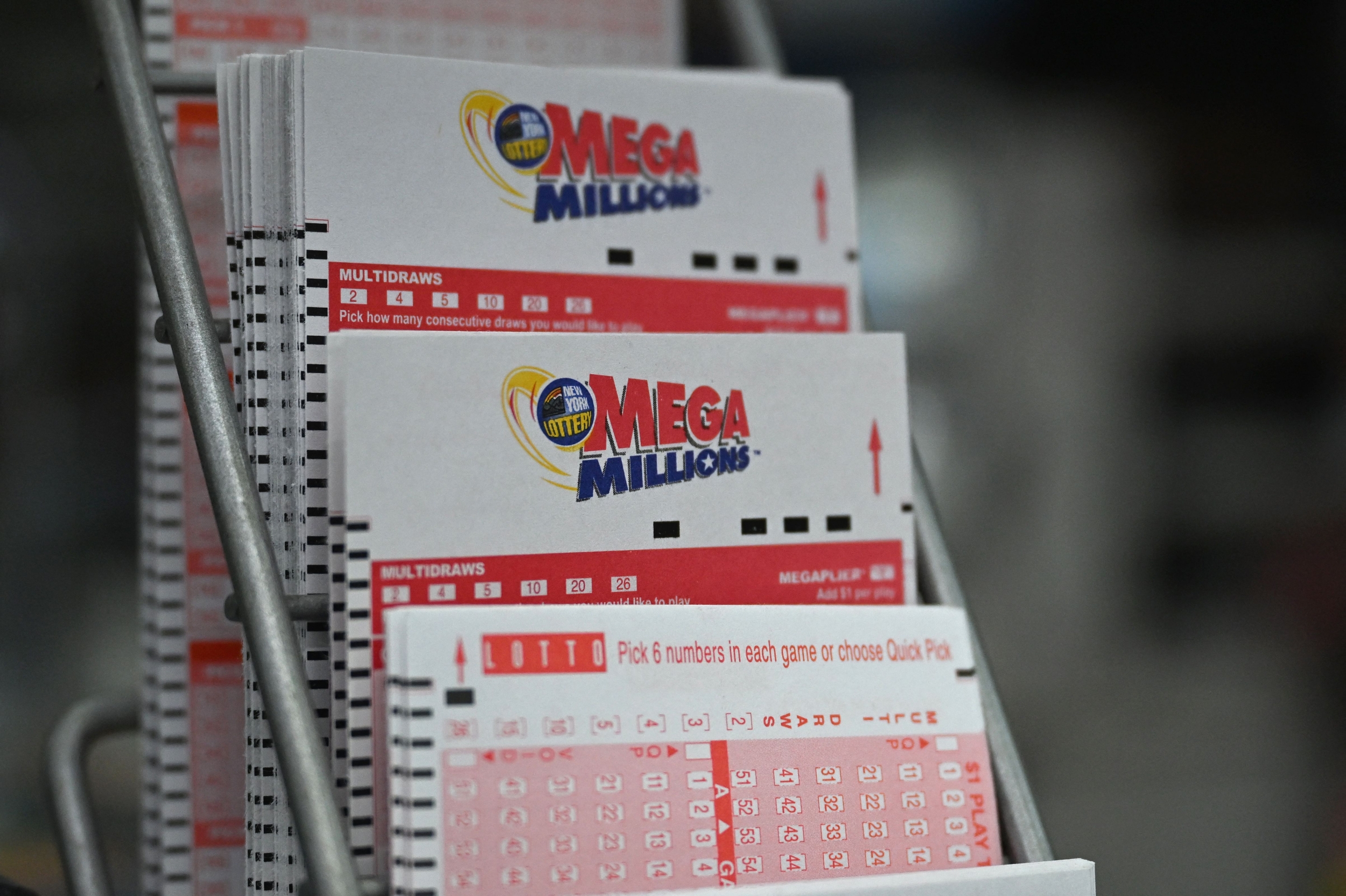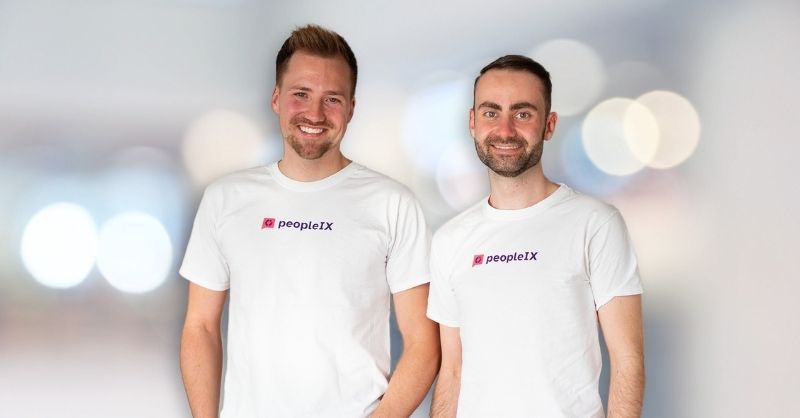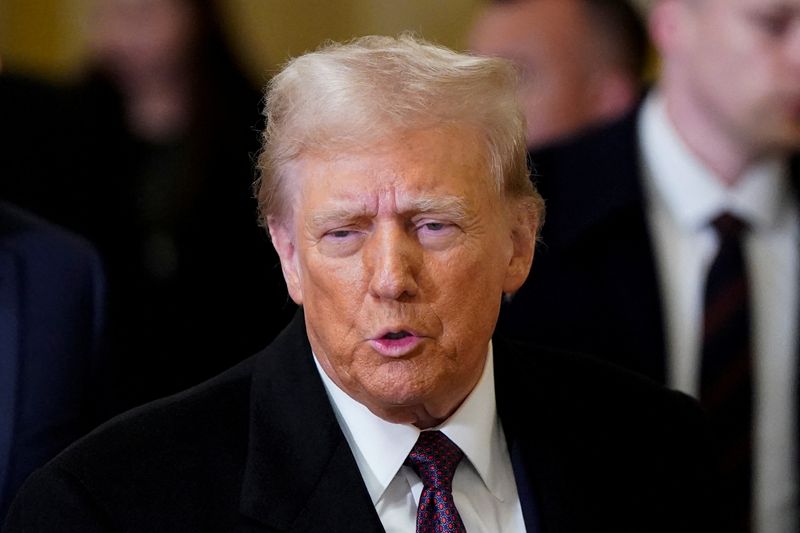Key Takeaways:
I. The odds of winning the Mega Millions jackpot are astronomically low, making it a statistically unfavorable gamble.
II. Lottery participation is driven by a combination of psychological biases, including the availability heuristic, prospect theory, and the framing effect.
III. While lotteries generate revenue for states, they also raise ethical concerns about regressive taxation and the potential for problem gambling.
The Mega Millions jackpot is approaching a staggering $1 billion, igniting a nationwide lottery frenzy. With the holiday season upon us, the prospect of a life-changing windfall is particularly enticing. But beyond the excitement and media hype, a deeper analysis reveals a complex interplay of mathematical probabilities, economic considerations, and psychological biases that shape lottery participation. This article delves into the Mega Millions phenomenon, offering a game theorist's perspective on the risks, rewards, and realities of this billion-dollar gamble.
The Psychology of the Lottery: Why We Play Despite the Odds
The human brain is not always wired for rational decision-making, especially when faced with the prospect of a life-changing sum of money. The 'availability heuristic,' a cognitive bias, makes us overestimate the likelihood of events that are easily recalled or vividly imagined. Lottery winners are highly publicized, creating a skewed perception of the odds. We see the winners, but not the millions of losers, leading us to believe winning is more common than it is.
Prospect theory, another cognitive bias, explains how we perceive gains and losses. We feel the pain of a loss more acutely than the pleasure of an equivalent gain. This asymmetry makes the small cost of a lottery ticket seem insignificant compared to the potential for a massive win, even if that win is highly improbable. The lottery ticket becomes a 'hope investment,' a small price to pay for the dream of financial freedom.
The 'framing effect' also plays a role. How a choice is presented significantly influences our decision. Lotteries are often framed as a 'chance to win' rather than a 'gamble to lose,' emphasizing the positive outcome while downplaying the negative. This framing, combined with the allure of a large jackpot, can override rational calculations of probability.
These cognitive biases, amplified by media coverage and social narratives, create a potent psychological cocktail that drives lottery participation. Even when we understand the odds are against us, the emotional pull of a potential windfall can override rational thought. This is particularly evident during periods of economic uncertainty or personal financial hardship, where the lottery can seem like a viable escape route, despite its statistical improbability.
The Economics of Mega Millions: State Revenue and Social Costs
Lotteries are a significant source of revenue for many states, often earmarked for education, infrastructure, or other public programs. However, the actual economic impact is more nuanced. A significant portion of lottery revenue goes towards administrative costs, retailer commissions, and advertising. Furthermore, the regressive nature of lottery taxes raises concerns about fairness and equity.
Lottery taxes are considered regressive because lower-income individuals tend to spend a higher proportion of their income on lottery tickets than higher-income individuals. This effectively transfers wealth from the poor to the state, exacerbating income inequality. While some argue that lotteries are a voluntary tax, critics point out that they disproportionately target vulnerable populations.
Another significant social cost is the potential for problem gambling. The lottery's allure can be particularly strong for those susceptible to addiction, leading to financial ruin, strained relationships, and mental health issues. These hidden costs, while difficult to quantify, can offset the perceived economic benefits of lottery revenue.
A comprehensive analysis of the lottery's economic impact must consider not only the revenue generated but also the distributional effects of lottery taxes and the social costs associated with problem gambling. A truly balanced approach requires transparent revenue allocation, responsible gaming initiatives, and public awareness campaigns to mitigate the potential harms.
The Math Behind Mega Millions: Probability, Expected Value, and the Illusion of Winning
The probability of winning the Mega Millions jackpot is incredibly small – approximately 1 in 302.5 million. To put this in perspective, you are more likely to be struck by lightning twice than to win the jackpot. This astronomical improbability is the foundation of the lottery's business model. The vast majority of players will lose their stake, contributing to the ever-growing jackpot and the state's revenue.
The concept of 'expected value' further clarifies the lottery's unfavorable odds. Expected value is the average outcome of a gamble, calculated by multiplying each possible outcome by its probability. In Mega Millions, the expected value of a ticket is significantly less than its cost, even when the jackpot is exceptionally high. This means that, on average, players lose money with each ticket purchased. This negative expected value, coupled with the psychological biases discussed earlier, paints a clear picture of the lottery's nature as a statistically unsound investment.
The Mega Millions Paradox: Balancing Dreams and Realities
The Mega Millions jackpot presents a fascinating paradox. It taps into our deepest aspirations for wealth and financial freedom, while simultaneously relying on a mathematical framework that ensures most participants will lose. Understanding this paradox requires a nuanced perspective that considers the psychological, economic, and statistical realities of the lottery. While the dream of winning big is undeniably alluring, informed participation requires recognizing the long odds, the influence of cognitive biases, and the potential social costs. For policymakers, the challenge lies in balancing the revenue potential of lotteries with the ethical imperative to protect vulnerable populations and promote responsible gaming.
----------
Further Reads
I. On lottery sales, jackpot sizes and irrationality: A cautionary note - ScienceDirect
II. When behavioral economics meets a $700M Powerball jackpot
III. r/dataisbeautiful on Reddit: [OC] Powerball ticket sales in relation to the jackpot size









